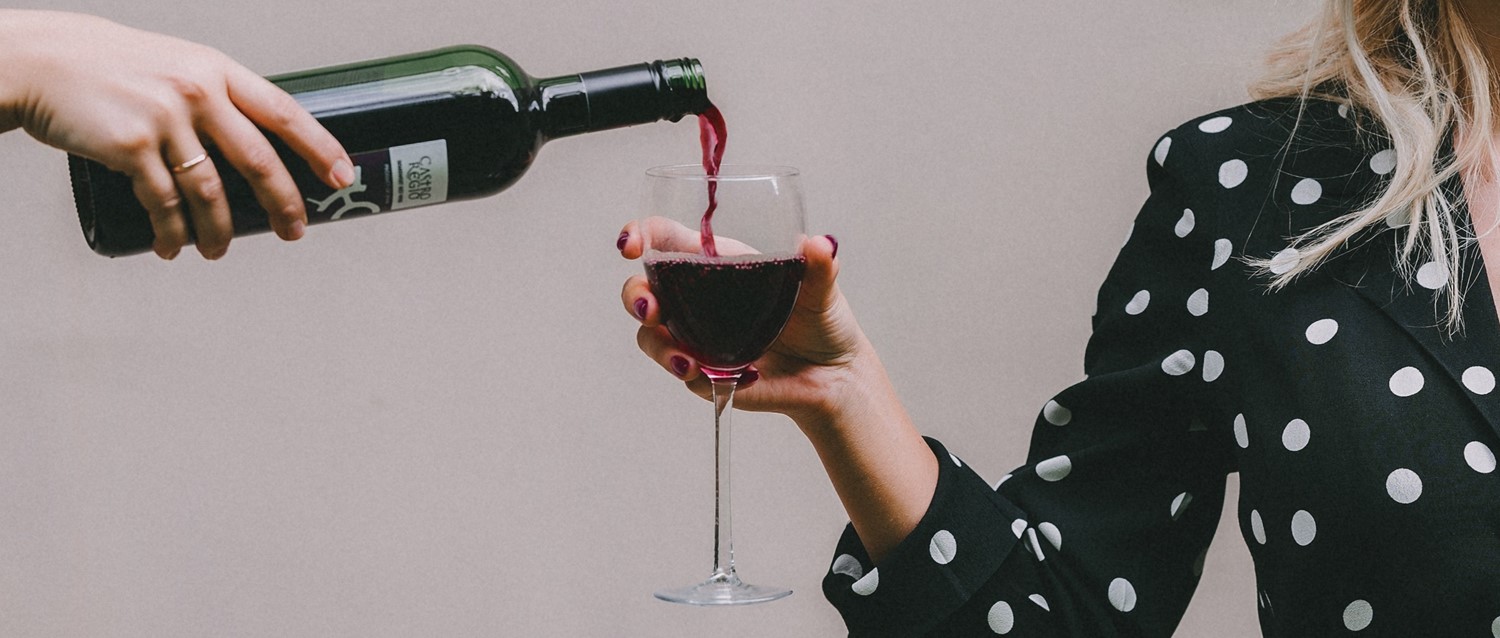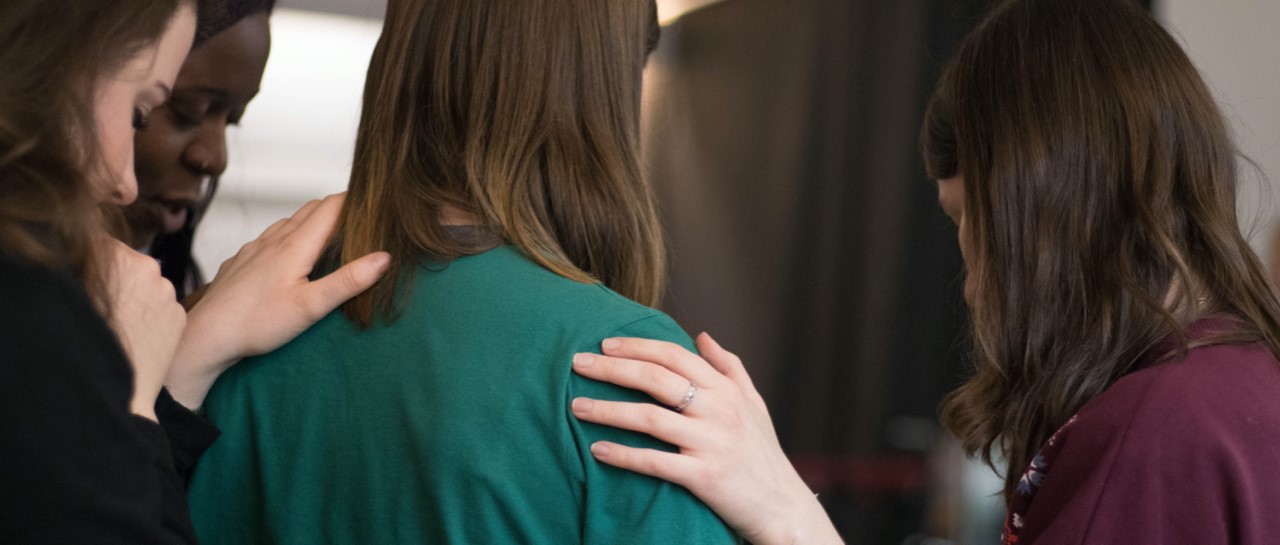
Alcohol and anxiety: can booze trigger panic attacks?
Peer reviewed by Dr Sarah Jarvis MBE, FRCGPLast updated by Amberley DavisLast updated 16 Nov 2021
Meets Patient’s editorial guidelines
- DownloadDownload
- Share
- Language
- Discussion
- Audio Version
Up to one third of people will experience a panic attack at some point in their lives. Alcohol can be a big trigger of panic attacks for those who are susceptible to anxiety, so alcohol and anxiety can sometimes go hand in hand. How can alcohol make panic attacks worse?
In this article:
Panic attacks are episodes of extreme anxiety that typically last between 5 and 20 minutes. Someone who experiences multiple panic attacks for no apparent reason may have panic disorder, a form of anxiety.
Continue reading below
The relationship between alcohol and anxiety
It is very common for people who experience anxiety to self-medicate by consuming alcohol, which can offer a temporary fix. In fact, research suggests that around 25% of people with panic disorder also have an alcohol dependence.
This connection between alcohol and anxiety is problematic. The two often create a cycle that's hard to break, whereby the onset of one is a trigger for the other.
This is particularly evident in panic attacks. Drinking is commonly used to numb anxious thoughts, and yet paradoxically alcohol can cause more panic attacks to occur.
Up to one third of people will experience at least one panic attack in their lives, according to clinical psychiatrist Cindy Aaronson. They usually start when people are in their twenties but can also happen to teenagers.
What are the symptoms of a panic attack?
Back to contentsDuring a panic attack, feelings of anxiety are amplified as the mind is overloaded with worries and fears. This is terrifying for those experiencing it, and it becomes overwhelming to the point that the emotional panic is expressed through physical symptoms. These include:
Shortness of breath or feeling like breathing is a struggle.
A racing or pounding heart (palpitations).
Feeling sick, faint, or dizzy.
Sweating.
Trembling or shivering.
A tingling or numbing sensation in the fingers or toes.
Feeling very hot or very cold.
Everyone is different and may experience various combinations of the above, which are almost always accompanied by an overwhelming sense of fear and anxiety. Many people also experience a fear that they are going to die.
Continue reading below
Can alcohol cause anxiety and panic attacks?
Back to contentsAs you drink alcohol, it acts as a sedative which can make you feel more at ease. This can be dangerously addictive if you have frequent anxious thoughts. This type of self-medication can lead to alcohol dependency and may result in regular, alcohol-induced panic attacks.
It's important to note that while there are many health risks associated with drinking alcohol, you are less likely to experience an alcohol-induced panic attack if you are not already vulnerable to panic attacks - or other symptoms of panic disorder. Yet if you are, alcohol can cause you to have panic attacks more frequently and make them worse.
The physiological changes that alcohol triggers in your body can result in symptoms that are like a panic attack. This can then bring on panic attacks or make them worse. When the body feels physical stress it also tends to feel mental stress because the physical symptoms are interpreted by the brain as stress and worry.
Why does alcohol cause panic attacks?
Back to contentsAlcohol causes dehydration
Excessive consumption of alcohol causes dehydration, which can make you feel dizzy and increase your heart rate. Alcohol is a diuretic, which means that it causes excessive expulsion of liquid from the body via urination. For every drink you have, you urinate as much as 50% to 100% more water, and this water is taken from other parts of the body.
Alcohol interferes with your hormones
When you drink alcohol, it causes the levels of the hormone serotonin to go up. Serotonin is responsible for our mood, and so this usually makes you feel happy for a period. However, when you stop drinking, your serotonin levels crash, and low serotonin levels are associated with anxiety. If you drink alcohol regularly, your natural serotonin levels get destabilised which can make panic attacks worse.
Alcohol can decrease your blood sugar levels
Every time you drink, alcohol triggers an increase in the production of insulin. This increase can lead to a drop in your blood sugar (glucose) levels, and when this is too low it is known as hypoglycaemia. The symptoms of low blood glucose include trembling, an elevated heart rate, and feeling anxious or in a low mood.
Alcohol can lead to withdrawal symptoms
Severe hangovers and withdrawal symptoms if you drink regularly can put both your mind and your body through stress. Withdrawal symptoms during a severe hangover can include:
Sweating.
An elevated heart rate.
Trembling.
Feeling sick.
Paranoia.
The fact that all these physiological changes can cause symptoms so similar to those of a panic attack can trick your brain into having a real one.
Alcohol intoxication may result in stressful mistakes
Another factor might be the influence that being intoxicated has had on your behaviour and actions. If you wake up the next morning with a sense or regret or dread over what you've done while drunk, this can be stressful for anyone.
If you're someone who is prone to panic attacks when there is no obvious external trigger, dealing with the stress of mistakes can make having one more likely. This is especially true when coupled with the physiological symptoms of drinking.
Continue reading below
How to manage panic attacks more effectively
Back to contentsWatch your alcohol consumption
If you are frequently experiencing panic attacks after drinking alcohol, it is important to take a look at your drinking. Checking if you are regularly consuming over the recommended weekly limit of 14 units is a good start. However, you may want to cut back completely if alcohol is impacting your mental well-being through regular panic attacks.
It is also important to check whether you feel able to take a break from alcohol and look out for the warning signs of a drinking problem. Self-medicating your panic attacks with drink can leave you psychologically dependent on alcohol because the short-term sedative effects can be addictive.
You can check how many units you are drinking by using our alcohol units calculator.
It is also recommended that you consult your GP if you are concerned that you have a drinking problem. They can source the right support services to help you.
Better ways to treat and manage panic attacks
If you are experiencing regular panic attacks, you need to ask for support. Speaking with friends and family can help them prepare to support you when a panic attack strikes. It is also important that your seek support from your GP, who will talk you through available treatment options.
Remember, it's not just alcohol which can causes symptoms that lead to panic attacks. Excessive intake of other drugs and food, including caffeine and sugar, may also be triggers.
Patient picks for Panic attacks

Mental health
What happens to your body during a panic attack?
We all need a bit of stress and anxiety to motivate us. But what happens when your body takes it to extremes? Anxiety disorders (where anxiety is so extreme it affects your functioning) comes in all shapes and forms, and often goes hand in hand with panic attacks. Fortunately, there is effective treatment.
by Dr Sarah Jarvis MBE, FRCGP

Mental health
Am I having a panic attack or a heart attack?
Although panic attacks and heart attacks have very different health implications, the symptoms can be similar. Here we show how you can tell the difference between a panic attack and a heart attack and what you should do.
by Victoria Raw
Article history
The information on this page is peer reviewed by qualified clinicians.
16 Nov 2021 | Latest version
16 Nov 2021 | Originally published

Ask, share, connect.
Browse discussions, ask questions, and share experiences across hundreds of health topics.

Feeling unwell?
Assess your symptoms online for free
Sign up to the Patient newsletter
Your weekly dose of clear, trustworthy health advice - written to help you feel informed, confident and in control.
By subscribing you accept our Privacy Policy. You can unsubscribe at any time. We never sell your data.